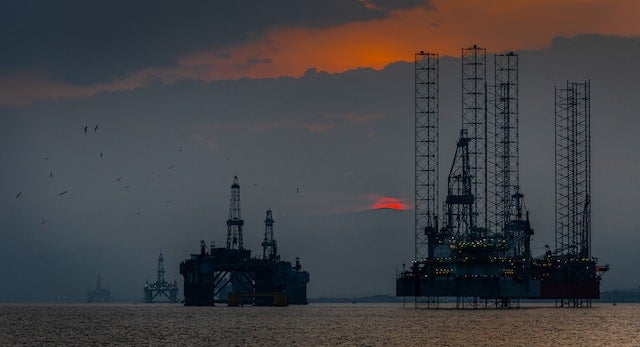
Israel’s Ministry of Energy and Infrastructure has awarded 12 licences to six companies to explore natural gas off the Mediterranean coast to enhance competition and diversify suppliers.
The Ministry announced the bidding results of two Zones, as part of the fourth Offshore Bid Round (OBR4) for Natural Gas Exploration in Israel’s Exclusive Economic Zone (EEZ).
OBR4 has been concluded as per the prescribed schedule and according to the recommendation of the Petroleum Council, the Ministry said in its statement.
The Ministry awarded six licences in Zone G, an area located west of the massive Leviathan field, to Eni (operator), Dana Petroleum, and Ratio Energies.
It has awarded another six licences in Zone I, an area located to the north of the Leviathan field, to SOCAR (operator), BP, and NewMed Energy.
Israel Minister of Energy and Infrastructure MK Israel Katz said: “Dramatic news for the Israeli energy market. Even now, major natural gas exploration companies put their trust in Israel’s robustness and want to invest here.
“The winning companies have committed to unprecedented investment in natural gas exploration over the next three years, which would hopefully result in the discovery of new natural gas reservoirs.
“That in turn will solidify Israel’s energy security, enhance the country’s international relations, contribute to a reduction in the cost of living, and form a secure backup energy source in order to accelerate the transition to renewable energies.”
The results offshore bidding round introduce four new companies to the natural gas exploration in the Israeli EEZ, and two new operators to the Israeli energy market.
As part of the OBR4, Israel offered exploration licences in four zones, to better match the exploration zones with geological structures that potentially hold natural resources.
The licences are initially valid for a period of three years, with the option to extend it to up to seven years, based on the progress.
During the licence period, the winning companies (licence holders) can execute the work programme to assess the potential for the discovery of natural gas in the awarded acreage.
The licence holders may extend the licence period for an additional two years, subject to an updated work programme and obligation to drill within at least one of the licences.
Upon conducting at least one drilling, the licences in the group may be extended by a further two years, up to a maximum of seven years (3+2+2).
Israel’s Natural Resources Administration and Petroleum Commissioner Director Chen Bar-Yoseph said: “The results of OBR4 as published today are the fruit of the professional and wide-ranging efforts by our team over the past year, constituting a ground-breaking achievement.
“We are confident that the winning companies will conduct the exploration phase in a professional manner, in order to maximise the energy and economic potential of the reservoirs for the benefit of the citizens of Israel.
“We are launching a new phase in securing Israel’s future energy needs, and we are confident that by combining existing and emerging technologies, we will be able to produce this energy while maximising revenues for the people of Israel and minimising the environmental impact.”


